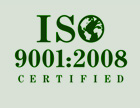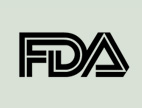| Table in Content | |
| 1. | Do Essential Oils Expire - Introduction |
| 2. | Understanding the Shelf Life of Essential Oils |
| 3. | Factors Influencing Shelf Life |
| 4. | Storage Conditions |
| 5. | Can Essential Oils Have an Extended Shelf Life? |
| 6. | How to Identify the Expiration Date? |
| 7. | Getting Rid of Expired Essential Oils |
| 8. | Recycling Essential Oil Bottles |
| 9. | Check Local Recycling Guidelines |
| 10. | Regular Checks |
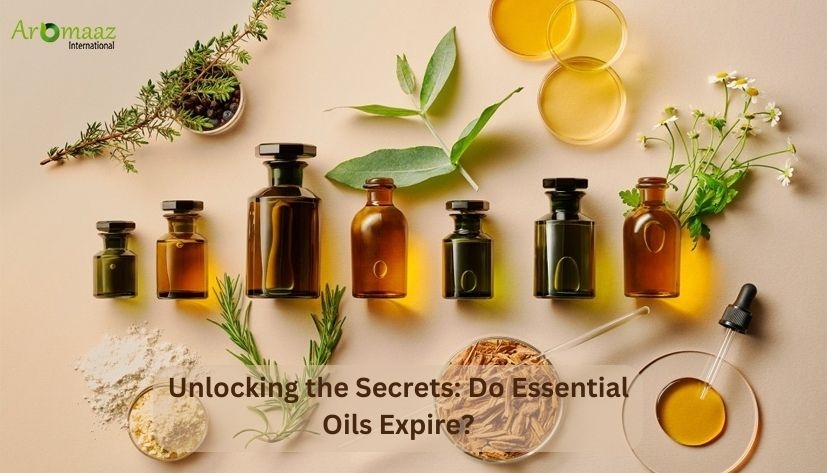
Do Essential Oils Expire? - Introduction
Essential oils are now an essential part of many homes with a wide range of benefits, from aromatherapy to natural cures. But, as with any product essential oils aren't impervious to the passage of time. In this complete guide, we'll explore the mysterious nature of essential oils and try to answer the burning question: Do Essential Oils Expire?
Understanding the Shelf Life of Essential Oils
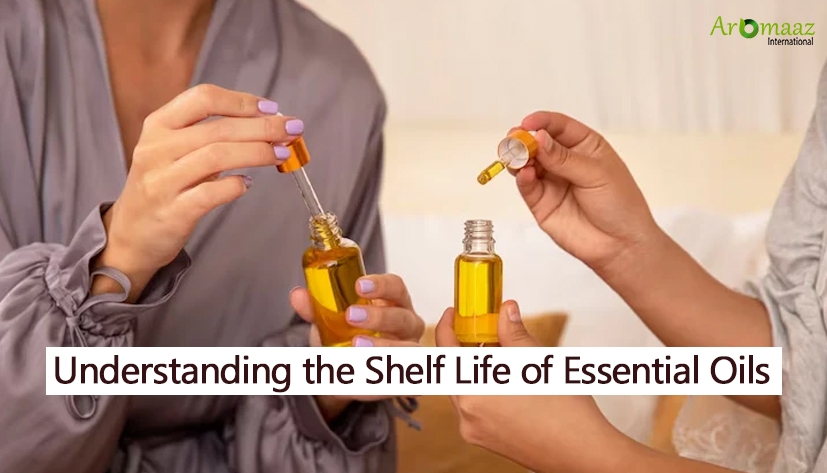
Essential oils are extracted from plants which are well-known for their potent aroma as well as therapeutic qualities. Although essential oils do not have a set expiration date, like fresh items they have a shelf-life. The period of an essential oil's shelf-life varies according to the type of essential oil used and the way it's stored.
Factors Influencing Shelf Life
Citrus oils, including orange and lemon, usually have a shorter shelf time due to their high volatility.
Resin oils and wood oils like sandalwood and frankincense tend to last longer in shelf duration.
Storage Conditions
Exposure to heat, light, and air can speed up the process of oxidation in essential oils, resulting in the shelf life being shorter.
The preservation of oil in glass containers that are dark and keeping them in an area that is cool and dark will help to maintain their effectiveness.
Can Essential Oils Have an Extended Shelf Life?
Although essential oils have a limited shelf life proper handling and storage will extend their life. Here are some helpful tips to extend the life of essential oils:
- Dark Glass Bottles:
Essential oils are purchased packaged in glass dark bottles to shield them from sunlight exposure.
- Proper Sealing:
Check your bottles have been securely sealed to stop air from getting in and burning the oil.
- Cool and Dark Storage:
The essential oils should be stored in a dark, cool space and away from hot sources of heat and direct sunlight.
How to Identify the Expiration Date?
Contrary to perishable products essential oils don't typically have a specific expiration date within their containers. There are however signs that could indicate a decline of potency.
- Changed Aroma:
If the oil smelt unpleasant or rancid smell it could be that it has deteriorated.
- Altered Color:
Some essential oils may change color over time. Although this isn't necessarily an indicator of expiration, sudden color changes can indicate degrading.
- Thickened or Cloudy Texture:
A change in the consistency of the oil like becoming cloudy or thick, could signal a decrease in quality.
Getting Rid of Expired Essential Oils
If your essential oils are at the expiration date of their shelf life you need to get properly rid of them:
- Avoid Pouring Down the Drain:
Essential oils may be detrimental to marine life, so keep from throwing them into the water.
- Local Recycling Centers:
Contact the local recycling center for the acceptance of important oil containers. Some centers recycle glass and others might have their guidelines.
- Reusing or Upcycling:
You could reuse the glass bottles to use for DIY projects or to store other liquids. Be sure to thoroughly clean them before reusing them.
Recycling Essential Oil Bottles
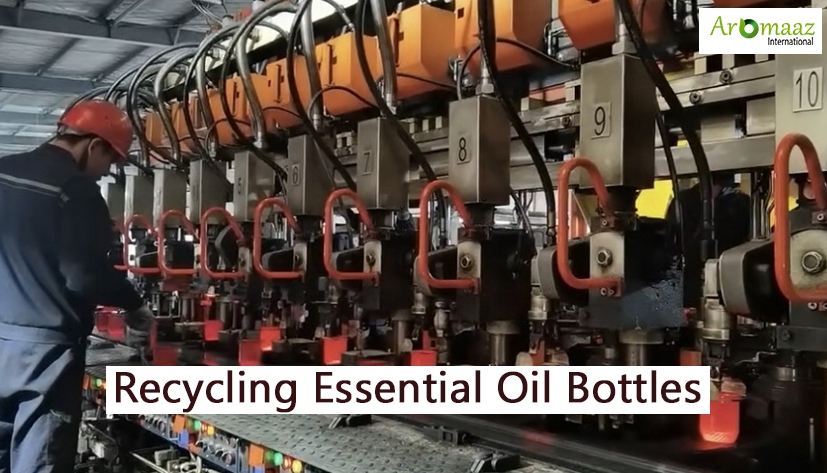
Sustainability is a must for sustainability, not just in the world of oils essential to our health. Here's how you can reuse the bottles that contain essential oils:
- Cleaning:
Get rid of any remaining oil by washing the bottles with a carrier oil or soapy water that is warm and soapy. Allow them to air dry.
- Label Removal:
Remove labels, or use a soft adhesive remover to make sure the bottles are free of dirt and ready to be recycled.
Check Local Recycling Guidelines
Different municipalities have different rules regarding recycling glass. Be sure that your bottles comply with the requirements of the local recycling program.
- Quality Over Quantity:
Choose essential oils that are of the highest quality to guarantee a longer shelf-life and more therapeutic benefits.
- Storage Matters:
Storage is essential. Protect your essential oils from heat, sunlight, and the air to preserve their power.
Regular Checks
Check the smell as well as the color and consistency of the essential oils you use to identify any signs of degrading early.
In the end, although essential oils don't come with a specific expiration date, they require proper maintenance to preserve their effectiveness. If you are aware of the factors that affect their shelf-life following the right storage methods will allow you to get the most out of these wonderful plant extracts. Always focus on quality, remain on top of things, and follow practices that are sustainable to enjoy the advantages that essential oils provide for many years to come.
If you have any questions or need assistance with essential oils or bulk supplies, feel free to reach out. Contact us: [email protected]

 : +91-9643342464
: +91-9643342464 

